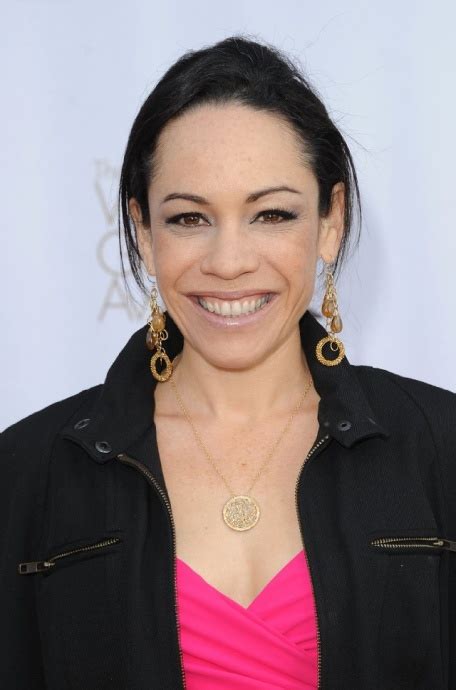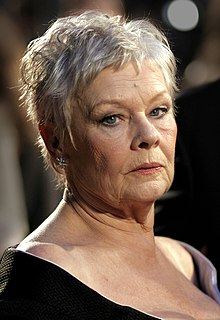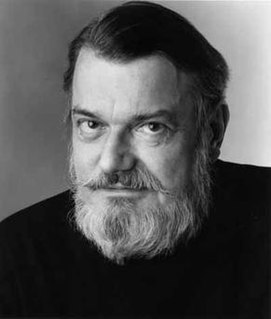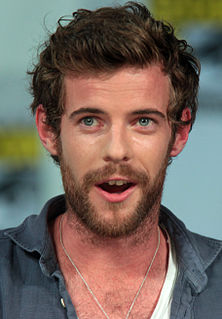A Quote by Lisa Unger
Isn't it funny how the people least impacted by tragedy are the most eager to move on?
Related Quotes
Sometimes what we call tragedy, at least in the theater, are really case histories. They're based on the central figure, and things happen to that person, and they're called tragedy because they're extremely sad. But tragedy always has a glorious thing happen at the end of it. That's what the catharsis is.
I just know from experience that reading a funny poem aloud, especially at the beginning of a public reading, can have a certain effect. Somehow narrowing the spectrum of possible emotional reactions. So while I like it when people laugh at my poems, and I definitely enjoy being funny in them, I don't really think that's the most important thing that's going on, at least not to me.



































